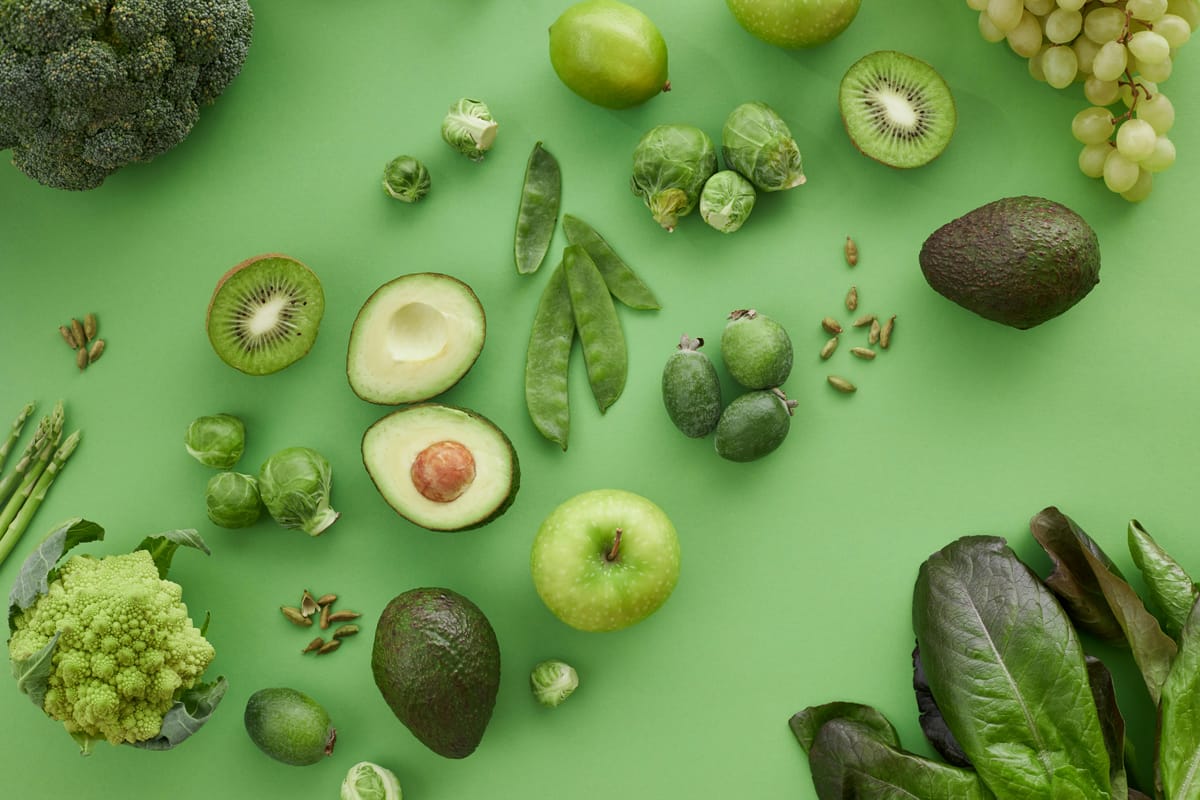What's the Best Lifestyle Diet: Plant-Based, Flexitarian, or Carnivore?
One diet swears by plants. Another flirts with balance. The last? All meat, all the time. But which one truly holds the secret to long-term health, and which might be hiding risks behind the hype? The truth isn’t what you think. Keep on reading to find out.

Navigating diet culture in 2025 means swimming through a pool of HealthTok trends. One second, everyone’s blending kale and spirulina into green smoothies. Next, someone’s going full caveman and swearing by steak for breakfast. It’s confusing, overwhelming, and honestly…exhausting. Yet, many are hopping on the trends. So are they actually a health goldmine? Keep on reading to see if what each diet is all about.
Plant-Based Diet
A plant-based diet means focusing on foods that grow from the ground: vegetables, fruits, grains, legumes, nuts, and seeds.
And you would limit animal products or completely avoid them.
Why People Love It
This diet comes with a whole lot of fiber, antioxidants, and nutrients that help your gut, boost your immune system, and keep inflammation low.
Studies show it’s linked to lower risks of heart disease, diabetes, and cancer. Plus, it can help you maintain a healthy weight and improve your cholesterol and metabolism.
What to Watch Out For
Some nutrients, like iron or protein, can be harder to absorb, so you’ll need to plan your meals carefully or consider supplements. Especially if you eliminate animal products altogether.
Plus, it may take lots of time and research to make sure you’re getting everything your body needs. And regular doctor’s appointments and check-ups would become your new normal.
Flexitarian Diet
Think of the flexitarian diet as the chill cousin of vegetarianism. It’s mostly plant-based, but you still eat meat, fish, eggs, or dairy when you want to.
Why It Works
You get many of the same health perks as going vegetarian. Some of those include lower risks of heart disease, diabetes, and cancer.
It’s one of the most flexible diets out there, so it’s easier to stick with long-term.
Plus, you’re less likely to have nutrient gaps since you’re not cutting out entire food groups. And you still increase fiber intake, which is great for digestion.
The Downsides
You’ll still need to be mindful of where your nutrients are coming from. Iron and protein will be the hardest to absorb if you lean heavily on plant foods.
Carnivore Diet
The carnivore diet is exactly what it sounds like: you eat only animal products. No veggies. No fruit. No grains.
Just meat, fish, eggs, and maybe some dairy.
Why Some People Try It
It’s super high in protein and fat, which can make you feel full and possibly help with short-term weight loss.
Also, this diet is mostly popular with those with autoimmune issues. And they’ve reported feeling better.
The Red Flags
No fiber means your digestion might suffer (yes, constipation is common). Aside from that discomfort, it’s high in saturated fat and cholesterol. This may raise your risk of heart issues and certain cancers.
Also, you’ll miss out on essential vitamins like A, C, and others found in plants. Regular doctor visits and a shelf filled with supplements would be your future.
Long term, it’s hard to stick to this diet and could stress your organs if you’re not careful.
Final Thoughts
So, what’s the best lifestyle diet?
For most people, plant-based or flexitarian eating wins. These diets offer real health benefits, lower disease risk, and are much easier to maintain long term.
They're also more balanced and sustainable than restrictive options like the carnivore diet.
But the best plan? Pick what fits your body, your values, and your lifestyle.
Whatever you choose, aim for whole, nutrient-rich foods and consistency over perfection.